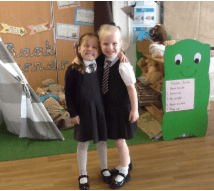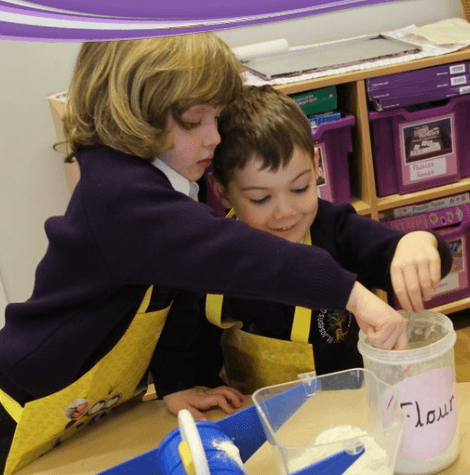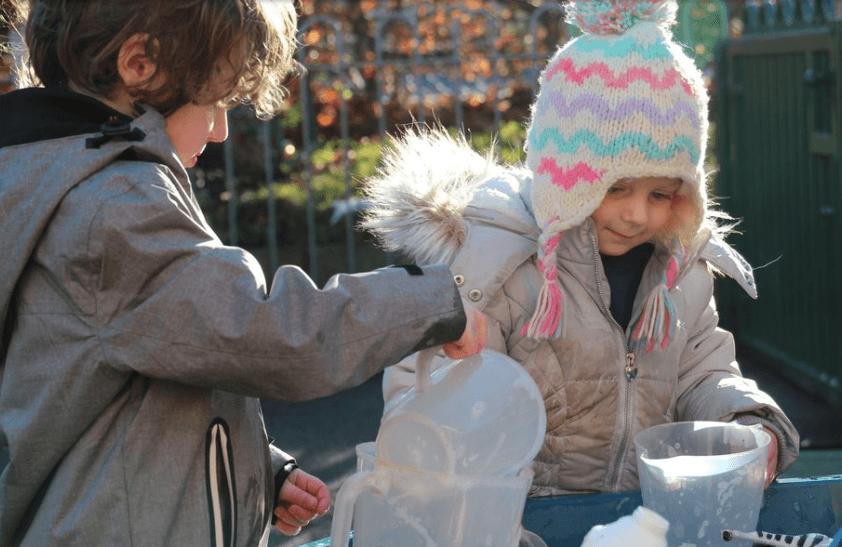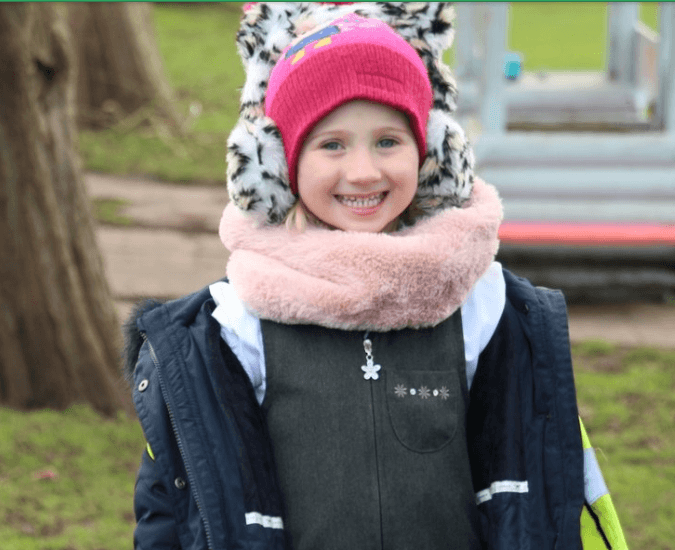




In St Joseph's Early Years we have an ambitious curriculum which has been designed to develop children's foundation skills and prepare children well for Year One and their school life beyond.
Please see our Early Years Curriculum Policy and Progression in Skills and Knowledge document for further information.
Religious Education
In Early Years as part of our school mission, we promote British Values and teach the children to respect and celebrate differences through a range of activities such as learning about Chinese New Year and visiting a local Chinese restaurant, voting for which books we would like at story time, and learning to be kind and a good friend. In Pre-School children join in with our school lunch time, end of the day and daily prayers. They begin to learn similarities between everyone and develop an awareness of the world. From Reception class to Year 6 children follow the Archdiocese of Birmingham’s curriculum strategy for RE ‘Learning and Growing as the people of God’. In Reception class, this includes learning about: bible stories; attending Mass; learning about our school’s values and virtues; and learning about a range of topics such as Creation, Christmas, People who help us, and Easter. In Reception we also follow the TenTen Pathway Program, Life to the full.
For more information, please see our school RE policy.









